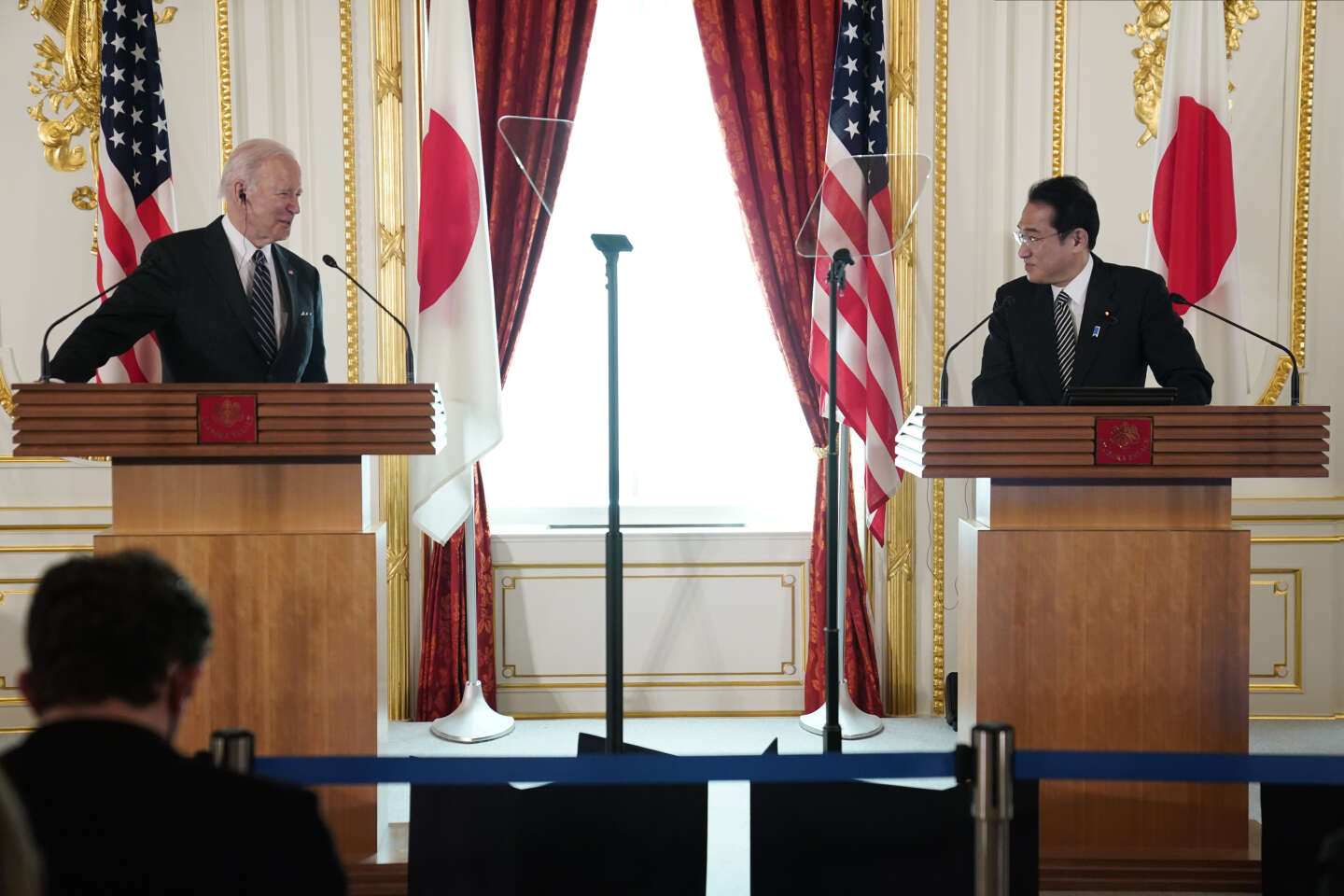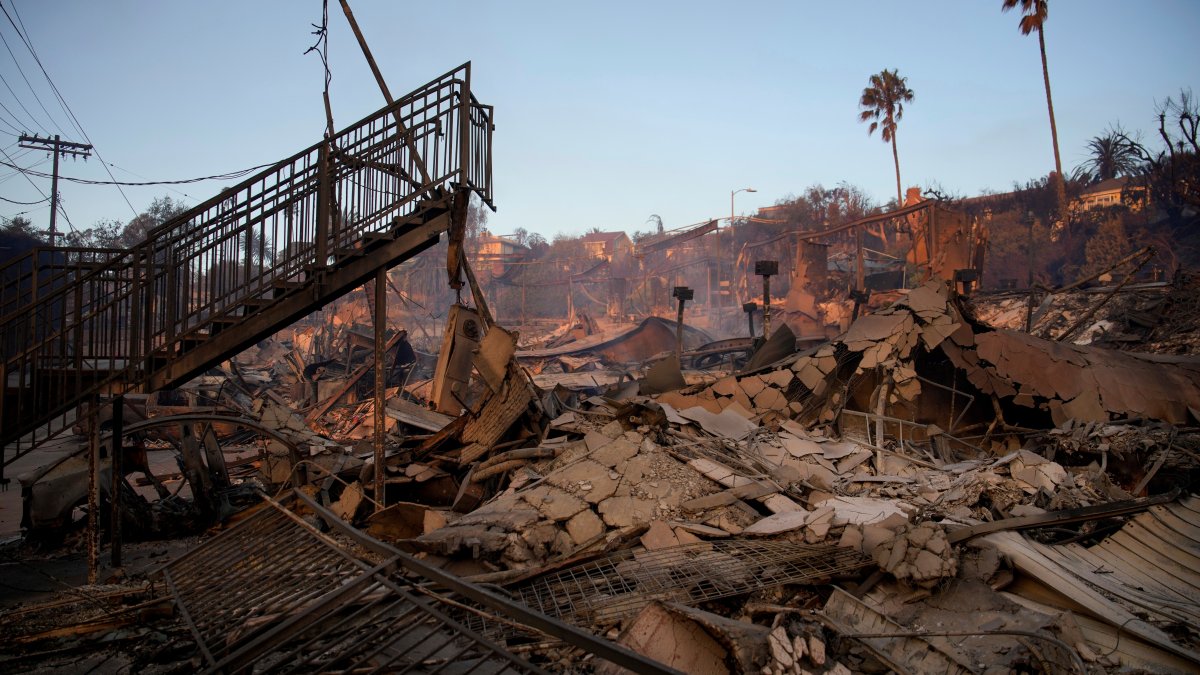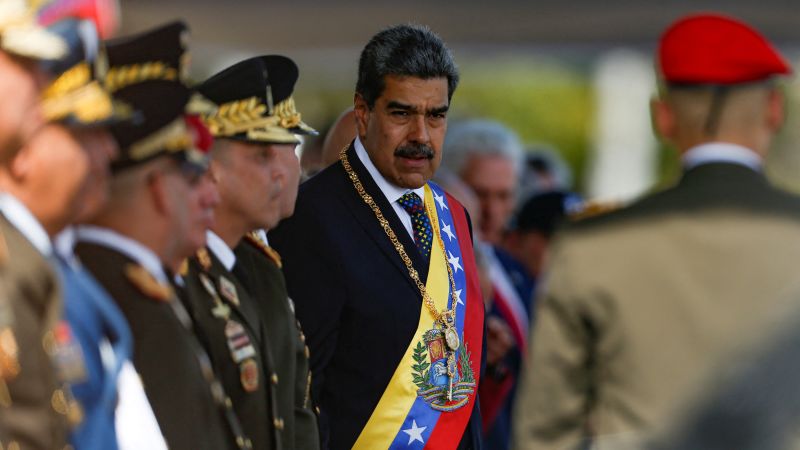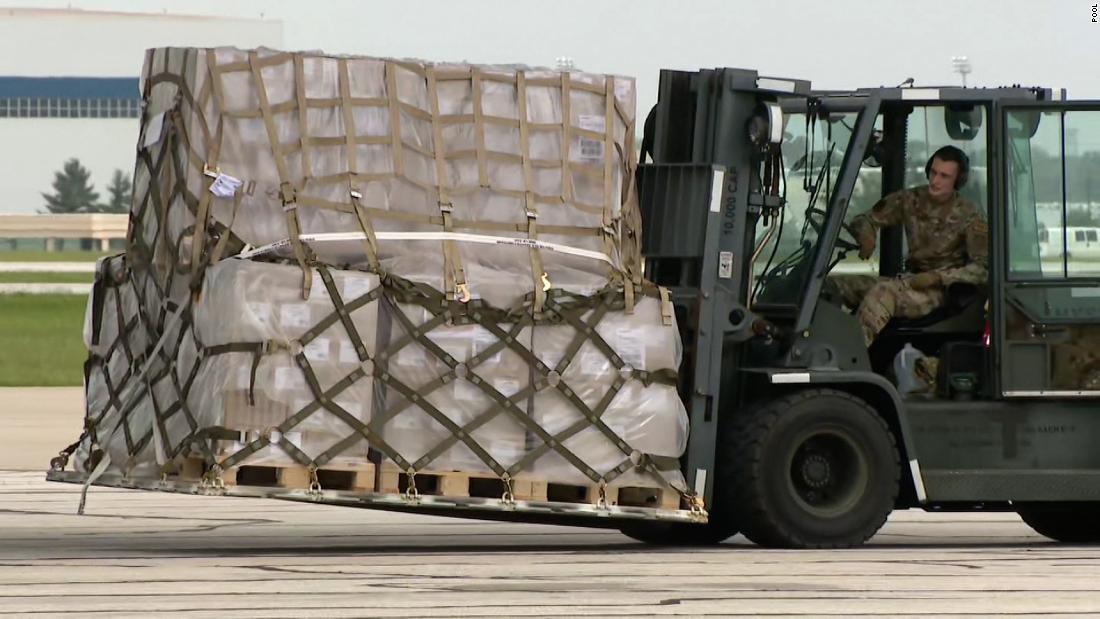
US President Joe Biden, visiting Tokyo, multiplied warnings to China on Monday, May 23 with Japanese Prime Minister Fumio Kishida. After a three-day visit to South Korea, Mr. Biden arrived in Japan on Sunday evening, with American officials considering these two countries as the linchpins of the American system in the face of China’s rise in power in the region..
During a joint press conference on Monday, MM. Biden and Kishida took a tough tone on Beijing, reaffirming their “shared vision of a free and open Indo-Pacific” and saying they have agreed to monitor Chinese naval activity in the region where China is showing growing ambitions. “We must call on China to comply with international law”including in economic matters, noted Mr. Kishida.
The American president also warned that the United States would defend Taiwan militarily if Beijing invaded the autonomous island, warning that China “flirts with danger”. “This is the commitment we made”Mr. Biden said when asked if the United States would intervene militarily against a Chinese attempt to seize this territory by force:
“We agreed with the one China policy, we signed it (…) but the idea that [Taïwan] can be taken by force is simply not appropriate. »
‘Do not underestimate’ China’s determination
The American president then recalled that Russia should “paying a long-term price” for his “barbarism in Ukraine”. “It’s not just about Ukraine”a dit M. Biden. Car si “Sanctions were not upheld in many ways, so what signal would this send to China about the cost of attempting to take Taiwan by force? »he wondered.
Japan and the United States “will monitor recent activities of the Chinese navy, as well as movements related to joint exercises by China and Russia”declared, for his part, the Japanese Prime Minister, Fumio Kishida, after his meeting with the American president.
“We strongly oppose attempts to change the status quo by force in the East China Sea and the South China Sea”said Mr. Kishida during a press conference. “In addition, we agreed to deal with various China-related issues together, including human rights.”he added.
In reaction to Mr. Biden’s remarks, China called on the American president to “don’t underestimate” on “firm determination” to to protect its sovereignty. “We urge the United States (…) to avoid sending the wrong signals to the separatist forces” of Taiwan, an island claimed by Beijing, Wang Wenbin, a spokesman for the Ministry of Foreign Affairs, told reporters.
“Stimulate cooperation”
Also in Tokyo on Tuesday, Biden will seek to bolster U.S. leadership in the Asia-Pacific region by joining leaders from Australia, India and Japan for a summit of an informal alliance dubbed Quad. It’s about a “essential opportunity to exchange views and continue to foster practical cooperation in the Indo-Pacific region”the White House said.
However, Quad member India has so far stood out for its refusal to openly condemn Moscow over the war in Ukraine or to curtail its trade with Russia. Mr. Biden will have a one-on-one meeting on Tuesday with Indian Prime Minister Narendra Modi.
The fear that the unpredictable North Korea will fire another missile or conduct a nuclear test looms over every stop on Mr Biden’s tour. Nothing happened during his stay in Seoul. US National Security Advisor Jake Sullivan said the threat was still present and Pyongyang had a choice “to come back to the table” negotiations.
But Pyongyang has so far refused to heed calls for dialogue, US officials say, even ignoring offers of help to combat a sudden outbreak of Covid-19.
A new economic partnership in Asia-Pacific
During his press conference with Mr. Kishida, Mr. Biden also unveiled a new economic partnership in the Asia-Pacific, initially bringing together 13 countries, with the notable exception of China, which sees this project from a bad start. eye.
The Indo-Pacific Economic Framework (IPEF) is not a free trade agreement, but provides for further integration between its member countries in four key areas: digital economy, supply chains, green energy and anti-corruption.
Jake Sullivan, the US national security adviser, assured that it was a “open platform” because conceived and defined as such, but Beijing feels deliberately excluded and has already made it known, castigating on Sunday for “little clicks” intended for “contain China”.
Under Donald Trump, Mr. Biden’s predecessor in the White House, the United States withdrew in 2017 from the Trans-Pacific Partnership (TPP), a vast multilateral free trade agreement, which was the subject of a new treaty in 2018 without Washington. Mr. Biden made it clear that he had no intention of reviving major free trade agreements, but also announced on Monday that he was considering lifting tariff barriers weighing on China, recalling that they had not been imposed by his administration.




